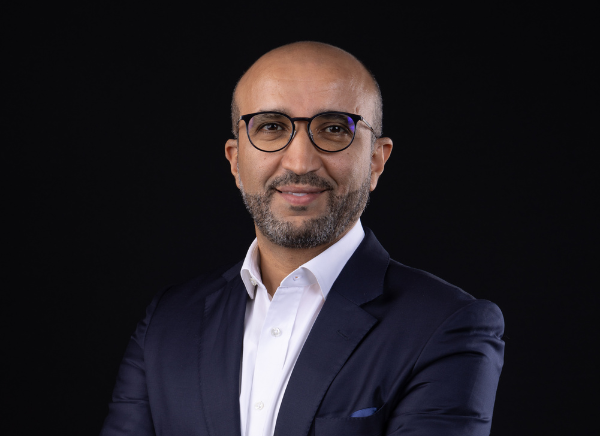
Rabab Zehra, Executive Editor of TECHx, recently engaged in a thought-provoking discussion with Mohammed Retmi, Senior Director at Injazat, shedding light on the dynamics and potential of public-private partnerships (PPPs) and the evolution of smart cities. Retmi, a seasoned expert in the realm of technological innovation and urban development, shared his insights on how successful PPPs can uplift the lives of citizens and residents.
TECHx: What makes a successful public-private partnership for the betterment of citizens and residents?
Retmi: A successful public-private partnership (PPP) thrives on aligning public needs with private capabilities, bolstered by a supportive governmental environment. For instance, the UAE’s commitment to fostering an ideal setting with incentives, tax breaks, and streamlined regulations encourages private sector participation. Injazat’s partnerships with the Ministry of Interior and the Ministry of Health and Prevention exemplify this commitment, resulting in innovative solutions like Hassantuk and Malaffi. A prosperous PPP prioritizes citizens’ needs, ensuring financial viability for sustainable development that benefits everyone.
TECHx: How can cities overcome challenges in implementing customized, connected, and intelligent smart city technologies?
Retmi: Smart cities often face challenges like data privacy, infrastructure investment, and workforce training. Overcoming these requires collaborative approaches, robust planning, clear data governance, and significant infrastructure investment. Technologies like AI, blockchain, and IoT play vital roles. AI handles complex data systems and predicts urban trends, while blockchain enhances security and transparency. IoT optimizes resource use, exemplified by Barcelona’s smart lighting. Proactive planning and data-driven tech can navigate smart city hurdles effectively.
TECHx: What are the best practices from around the world that Middle Eastern cities can learn from?
Retmi: Middle Eastern cities can draw inspiration from global best practices. For urban sustainability, Copenhagen and Amsterdam offer insights with walkable cities, green spaces, and advanced EV infrastructure. Tokyo’s energy-efficient codes and smart traffic systems showcase technology in urban management. Digitalization of Singapore’s healthcare and Estonia’s citizen-centric services highlight efficient public service delivery. Integrating these practices can evolve Middle Eastern smart city ecosystems, enhancing efficiency and livability.
TECHx: What are some of the key technologies that enable the smart city?
Retmi: Smart cities leverage key technologies like IoT sensors for real-time data collection, AI algorithms for optimizing traffic and energy use, and robust cloud infrastructure for data management. High-speed communication networks, especially 5G, facilitate real-time data transmission. Smart grids enable efficient energy distribution. Emerging technologies like AI language models enhance real-time insights and personalized citizen engagement, fostering sustainable and efficient urban environments.
TECHx: Why is there such a pronounced interest in smart cities in this region, compared to the rest of the world?
Retmi: The Middle East’s interest in smart cities stems from rapid urban expansion. Over five decades, the region has witnessed unprecedented urban population growth, driving the need for sustainable communities. This, coupled with the transformative impact of the COVID-19 pandemic, fuels innovative thinking. Visionary leadership, robust infrastructure, and a preference for building smart cities from scratch amplify the Middle East’s fascination. With significant investments and clear visions, the Middle East leads in merging culture with innovation for regional efficiency on a global scale.
